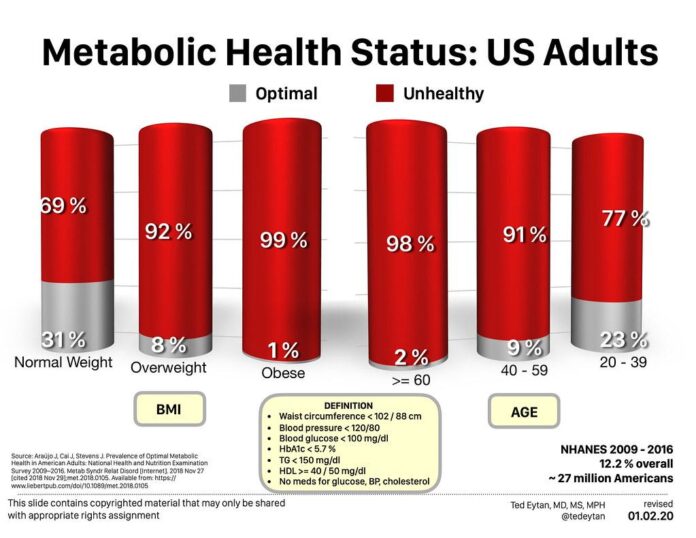
Understanding HbA1c: What Are Normal Levels and Why They Matter
HbA1c, also known as glycated hemoglobin, is a key indicator of blood sugar levels over a period of time. It plays a crucial role in managing diabetes and assessing the risk of developing complications. It is essential for individuals with diabetes to understand what HbA1c levels are considered normal and why they matter.
What is HbA1c?
HbA1c is a form of hemoglobin that is bound to glucose in the bloodstream. When blood sugar levels are elevated, glucose binds to hemoglobin, forming HbA1c. The amount of HbA1c in the blood reflects the average blood sugar levels over the past 2-3 months.
Why is HbA1c important?
HbA1c is crucial in managing diabetes because it provides a more comprehensive picture of blood sugar control over time compared to daily blood sugar checks. By measuring HbA1c levels, healthcare providers can assess how well a person’s diabetes is being managed and make informed decisions about treatment options.
What are normal HbA1c levels?
The American Diabetes Association recommends that individuals with diabetes aim for an HbA1c level of less than 7%. This target may vary depending on individual circumstances, such as age, overall health, and the presence of other medical conditions.
Normal HbA1c levels for non-diabetic individuals typically range from 4-5.6%. It is important to note that the target range for HbA1c may vary depending on the individual’s health goals and risk factors for complications.
Why do normal HbA1c levels matter?
Maintaining normal HbA1c levels is crucial for preventing complications associated with diabetes. Consistently high blood sugar levels can lead to damage to vital organs, such as the heart, kidneys, and eyes. By keeping HbA1c levels within the normal range, individuals with diabetes can reduce their risk of developing these complications.
In addition to preventing complications, normal HbA1c levels can also improve overall quality of life for individuals with diabetes. By achieving good blood sugar control, people with diabetes can feel better, have more energy, and reduce their risk of developing other health problems.
How to monitor HbA1c levels?
Monitoring HbA1c levels is typically done through a blood test that can be performed in a healthcare provider’s office or at home with a home testing kit. Most healthcare providers recommend testing HbA1c levels every 3-6 months to track progress and make any necessary adjustments to the treatment plan.
In addition to regular blood tests, individuals with diabetes can also monitor their blood sugar levels on a daily basis using a blood glucose monitor. This can help them identify patterns and make adjustments to their diet, exercise, or medication as needed to keep blood sugar levels in check.
Tips for managing HbA1c levels
There are several strategies individuals with diabetes can use to help maintain normal HbA1c levels and improve blood sugar control:
1. Follow a healthy diet: Eating a balanced diet rich in fruits, vegetables, whole grains, lean proteins, and healthy fats can help stabilize blood sugar levels and improve overall health.
2. Stay active: Regular physical activity can help lower blood sugar levels and improve insulin sensitivity. Aim for at least 150 minutes of moderate-intensity exercise per week.
3. Take medications as prescribed: If prescribed, take medications as directed by your healthcare provider to help manage blood sugar levels.
4. Monitor blood sugar levels regularly: Checking blood sugar levels as recommended by your healthcare provider can help you stay on track and make necessary adjustments to your treatment plan.
5. Stay hydrated: Drinking plenty of water can help regulate blood sugar levels and prevent dehydration.
6. Manage stress: Stress can impact blood sugar levels, so finding healthy ways to manage stress, such as meditation, yoga, or deep breathing exercises, can be beneficial.
7. Get enough sleep: Aim for 7-9 hours of quality sleep each night to help regulate blood sugar levels and improve overall health.
In conclusion, understanding HbA1c levels and why they matter is essential for individuals with diabetes. Maintaining normal HbA1c levels can help prevent complications associated with diabetes and improve overall quality of life. By following a healthy lifestyle, monitoring blood sugar levels regularly, and working closely with healthcare providers, individuals with diabetes can achieve good blood sugar control and reduce their risk of developing complications.

















